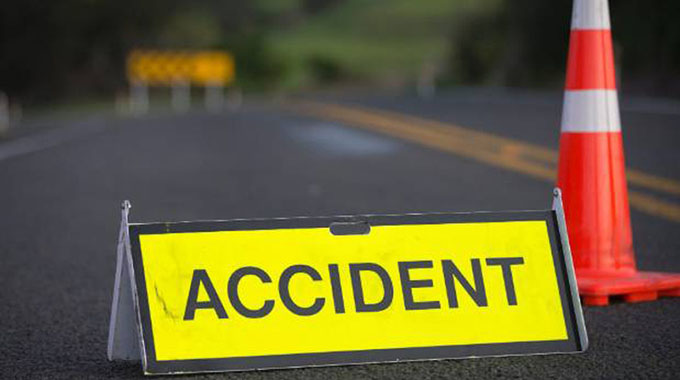Source: Pricing starting to follow auctions | Herald (Opinion)
The pegging of fuel prices to the auction exchange rate almost a fortnight ago and the pegging this weekend of bread to the same rate must be the start of an interim measure to bring pricing under control, especially where the basic product is either wholly or largely imported or made of imported raw materials.
Indeed, in its initial statement announcing the auction system, the Reserve Bank of Zimbabwe (RBZ) made it clear that it wanted to see prices quoted in supermarkets in both local currency and in US dollars, but using the forthcoming auction rate as the exchange rate.
This dual pricing was not intended to dollarise, but to ensure that when businesses agreed to accept US dollars, as they can do under lockdown regulations although must still accept local currency, they were using what was to become the real rate. And, more importantly, their customers could see this match.
That measure has yet to be made a legal requirement, but it must remain a goal, and at some stage there could well be an interesting statutory instrument with all the penalties carefully written down. But hopefully market forces could make that unnecessary.
Businesses, unofficially, are saying that despite the successful introduction of the auctions, they still have stocks costed at the black-market rates and will suffer serious losses if they have to move to the auction rate. That excuse might wash for another week or two, but will not hold forever.
Between the first auction and the second auction there was a dramatic rise in the number of importers prepared to treat the auction system seriously and the third auction tomorrow will no doubt see more progress as Zimbabweans settle down to enjoying a real, open market in foreign currency, that does do what is intended, matching what our exporters earn to what our importers need.
Already the black market is seeing the effects of this, as major importers start withdrawing from the streets and talking to their banks. The cash-to-cash exchange rate offered by the street runners for American banknotes is now slightly below the auction rate, although buyers of those banknotes will have to pay more once the mark-ups of runners and middlemen are taken into account. But it is a sign of progress.
Buyers of foreign banknotes offering electronic transfers and shops offer higher exchange rates, but already they are receding, in some cases quite sharply, from the peaks seen just before the first auction. Falls of over 15 percent are no longer uncommon as reality strikes home.
This has, regrettably, not been translated into local currency prices, although there are now more “special offers” or “promotions” that tend to suggest smarter supermarket operators have spent a bit of time reading the writing on the wall.
We moved into a hyper-inflation cycle because everyone in a supply chain, including the final retailer, was costing towards expected replacement value of the stock.
And the easiest way of doing this, especially after the Government allowed retailers to accept foreign currency payments if the customer offered that, was to track the black market rate.
Unfortunately that led to ever greater speculation in the black market, with people even borrowing to play in the markets. So more and more the black market was not about people buying foreign currency to fund imports, but about people buying foreign currency to sell at a profit next week, or to try and preserve the value of their savings if they did not want to invest.
And that explains the other three measures the fiscal and monetary authorities have taken over and above the fundamental and long-term switch to the auction system, which is the most crucial since it creates a real open market for export earnings and with its other rules, such as importers having to show their invoices, creates a market-related exchange rate for legitimate business and trading.
But the drying up of liquidity by bringing the mobile-money systems under control and banking rules, and by raising interesting rates so speculation becomes expensive, was a big help, with the legitimate interests of those wanting to preserve the value of their holdings in local currency being met by the new bank instruments.
All of that moved a lot of honest and dishonest people from the markets.
The upshot of a real market for foreign currency, and the drying up of the black market, should see the collapse of hyperinflation. There is a little room for manoeuvre still, since so many were pricing at black market equivalents, but as markets continue to settle down and inflation dies, we should see more conventional pricing strategies.
For in the end the retail price of a product should be the actual cost plus a mark-up. And when costs vary slowly that system works very well, and very simply.
If there is adequate competition in the markets, and in Zimbabwe there is need for more competition at the production stages, then market forces ensure producers keep costs down.
That brings up the interesting point for Government planners, that the economic expansion being set for the next decade must include a significant element of encouraging newcomers into the production world, rather than just increasing the size of existing producers, although they must be allowed to grow as well.
Zimbabweans have become too used to living in abnormal economies.
We need, and deserve, a real economy that rewards hard work and makes it ever harder for the slippery and dishonest to milk us dry.
The post Pricing starting to follow auctions appeared first on Zimbabwe Situation.



